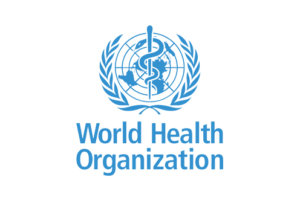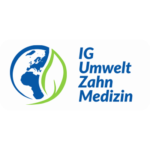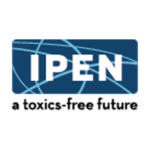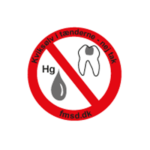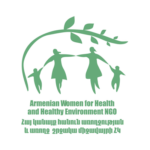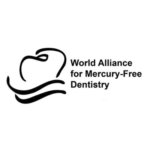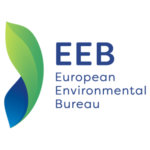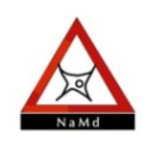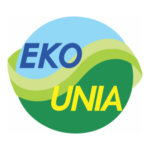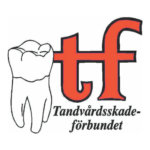The WHO presented a Report of the Informal Global WHO Consultation with Policymakers in Dental Public Health (2021), which concludes that “The results of the consultation with policymakers in dental public health highlight that phase-down and even phase-out of use of dental amalgam is achievable, especially as effective, cost-effective and simple-to-use mercury-free alternatives are increasingly available.”
The 2021 consultation included 93 participants from 80 countries and territories, 89% of which were Signatories or Parties to the Convention at the time of the consultation.
14% of countries reported that they had completely phased out the use of dental amalgam, and in the Europe and Americas regions, as many as two-thirds of countries had either already phased out the use of dental amalgam or were expected to do so by 2025.
“Importantly, the 2021 informal global WHO consultation with policymakers in dental public health shows that phase-down – and even phase-out – of the use of dental amalgam is achievable. At the country level, national policy makers have both the ability and the will to implement measures recommended by the Minamata Convention, and effective, cost-effective and simple-to-use mercury-free alternatives to dental amalgam are increasingly available. The phase-down process has the potential to be accelerated by further strengthening multisectoral leadership and collaboration, as well as establishing clear timelines to achieve the nine phase-down measures. To facilitate this process at the global and regional levels, it is critical to increase support to lowincome countries and other countries which have severe funding and resource limitations and a high prevalence of untreated dental caries. Through such comprehensive, stepwise, and inclusive initiatives, most of the countries can accelerate the phase-down in use of dental amalgam and make critical progress in reducing risks and better protecting our environment and human health.”
“Establishing concrete timelines for country phase-down and even possibly for complete phase-out in use of dental amalgam may also accelerate the process. While phase-out in use of dental amalgam is not required in the Minamata Convention on Mercury, at least two of the nine recommended measures are required, and more than two are encouraged. Setting a time-bound agenda to achieve such measures will help drive progress at the country level.”
Preparing for a general amalgam phase-out, the WHO added glass ionomer cements, a mercury-free alternative to amalgam, to the Essential Medicines List in October. reed more

